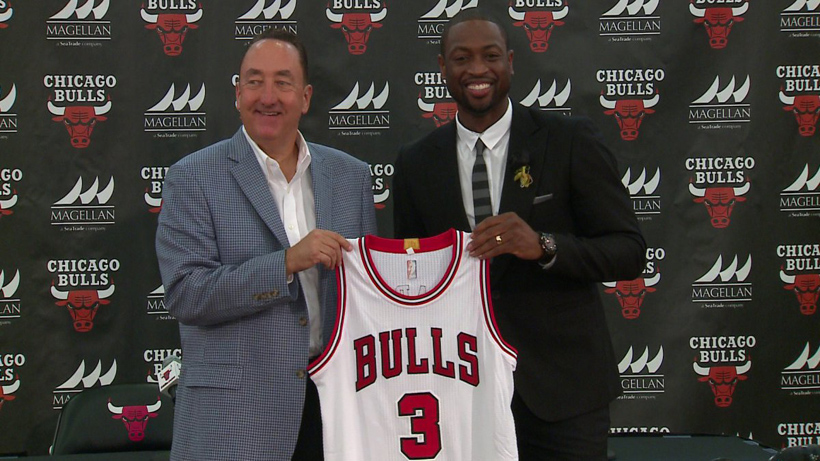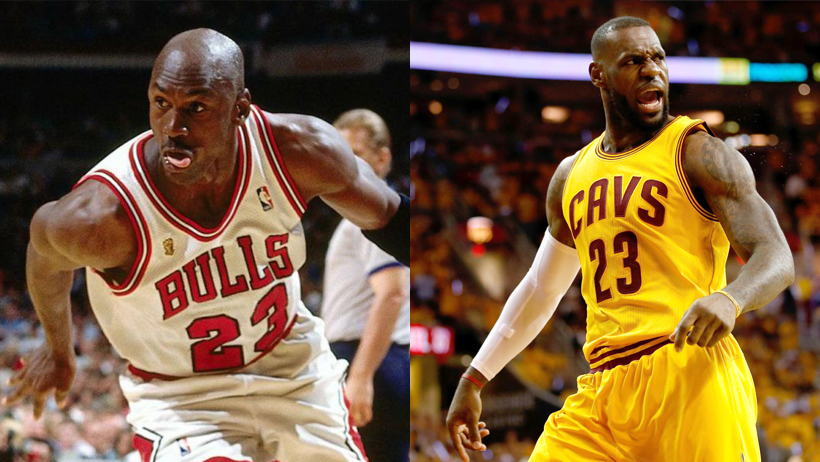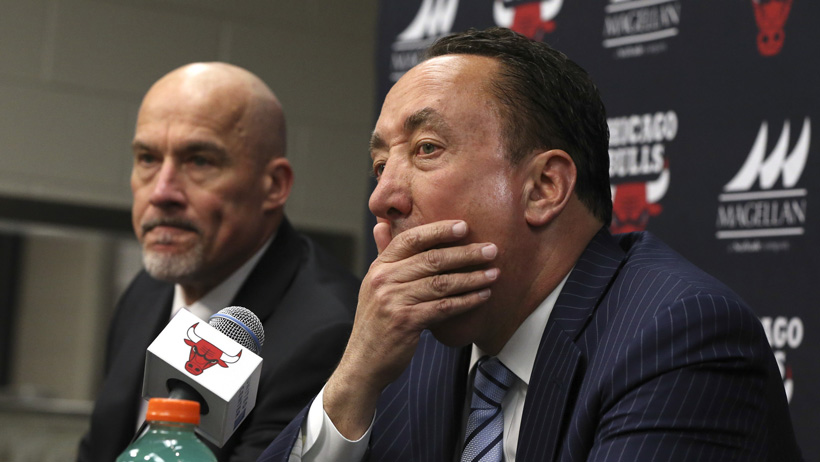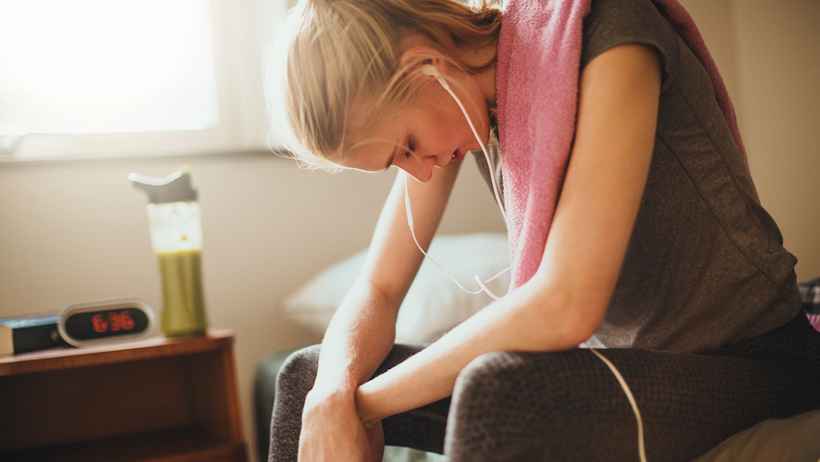LeBron James went off to Miami to win titles. When he succeeded, he returned to Cleveland, a place he had always called home. This was not only to help bring Cleveland a long-coveted title, but also make good on a promise he had once broken to be a leader and role model in the crime- and poverty-stricken city where he grew up.
"I feel my calling here goes above basketball," he said in a letter written for Sports Illustrated upon his return. "I have a responsibility to lead, in more ways than one, and I take that very seriously."
Very few will ever forget the day in 2010 when James very publicly announced that he would be leaving Cleveland for Miami to team up with an old friend and Chicago native, Dwyane Wade. And after this year with James having fulfilled his promise to bring a championship back to Cleveland, Wade has announced he too will be coming home.
While Wade's best basketball days are likely behind him, he has put together an absolutely stellar career. He's made 10 All-NBA teams, four All-Defensive First Teams, 12 NBA All-Star teams and won three NBA Titles. Now he comes to Chicago after agreeing to a two-year, $47.5 million deal with the Bulls.
Many, myself included, raised an eyebrow at the move, especially coming off of Bulls GM Gar Forman's call to "re-tool" and become "younger and more athletic" -Wade and the other big Bulls signing, Rajon Rondo, are anything but.
But Wade's return to Chicago, like LeBron's to Cleveland, is not just about basketball.
Wade was born on the South Side of Chicago where he lived until he was eight years old. His mother began to struggle with drug addiction and he moved in with his father. A year later they moved to nearby Robbins, and Wade attended Harold L Richards High School in Oak Lawn.
Even after the Miami Heat drafted him, he never stopped giving back to the city where he was raised. He founded the Wade's World Foundation, an organization with a mission of "giving back to underserved communities by supporting organizations that promote education, health and social skills for children in at-risk situations."
When he made his announcement to return to Chicago, Wade published a letter similar to James' and shared similar sentiments about the depth of meaning behind his decision.
"Growing up in Robbins, Illinois, I never dreamed that an NBA career could have even been possible and that one day I would wear a Chicago Bulls jersey. Watching the Bulls growing up inspired me at an early age to pursue my dream of becoming a basketball player," Wade wrote.
He continued, "I have never forgotten where I came from and I am thankful to have an opportunity to play for the team that first fueled my love of the game."
Wade has been an active voice in the wake of the horrific gun violence and police brutality that has soiled our nation. In 2012, he led an effort with his Heat teammates to wear hoodies protesting the killing of Travyon Martin, and both Wade and James wrote "RIP Trayvon Martin" on their game shoes . And in the wake of the recent killings of Alton Sterling and Philando Castile, Wade was among the professional athletes brave enough to speak out when so many still stood idly by.
"It's awful," Wade said. "It's always been awful. Now because of all these cameras and social media, we're able to see it more. We have to do better. It's going to take certain people to lend their voice, lend their time to do that. I'm happy to say that I have friends that are willing to do that. We'll all get together to see what we can do and we can go from there."
In coming to Chicago, Wade has put himself in a position to do just that. According to an article in USA Today , there were 315 homicides in Chicago during the first six months of this year, more than New York and Los Angeles combined.
In all of the discussion of how Wade and Rondo will or will not help the Bulls on the court, we've failed to see the positive impact they can have off the court.
Even Rondo, a Kentucky native, has roots in Chicago's at-risk neighborhoods. A recent Undefeated article highlighted his work with 7th and 8th graders from Jensen Elementary Scholastic Academy in East Garfield Park, a group now known as "The Rondo 10."
Racism, bigotry and prejudice continue to live in every aspect of our world, and recent events make it even more vital than ever to actually start to make a difference where we can. For Wade and Rondo, it starts with the underprivileged youth whom they serve in the city they can now officially call home.
There have been dozens of articles written in the last week about what on earth the Bulls are doing with these signings. We all know the Bulls aren't winning titles anytime soon. But what Chicago needs now more than ever is a high profile, positive influence, and with Wade and Rondo, they have brought two home in a climate in which the city needs it most.
As was the case with James, the hope that Wade brings back home transcends Bulls fans. It is a hope for a city in need of a hero, a prominent voice who cares deeply about his home and whose presence can affect change.
On Wade's foundation's website is this quote - "I can't just let basketball define who I am and what I am supposed to become. "Like my mother always tells me, '(My life) is bigger than basketball."
And now in this final chapter of his career, this future Hall-of-Famer has an opportunity to make his biggest impact yet.


.jpg?n=8256)






.jpg)



